Back
Niket Raj Dwivedi
•
Medial • 2y
The story of three brothers who copied western startups and became billionaires. (Saturday Startup Nugget - The Samwer Brothers -Story 1). The Samwer brothers, Oliver, Marc, and Alexander, have earned a notorious reputation in the tech world for their approach to entrepreneurship – one that involves copying successful startup models from the West and replicating them in other markets. Born in Germany, the brothers are best known for co-founding Rocket Internet, a company that has become synonymous with the concept of "startup cloning." The Samwers' entrepreneurial journey began in the early 2000s when they established Alando, an online auction platform similar to eBay. The timing was opportune as the dot-com bubble was inflating, and online marketplaces were gaining traction. In 1999, just 100 days after its launch, Alando was acquired by eBay for a staggering $50 million, marking a swift success for the Samwer brothers. Buoyed by this achievement, the brothers continued to explore the potential of cloning successful business models. They founded Jamba!, a mobile entertainment company, and successfully replicated the model in various countries. However, it was with the creation of Rocket Internet in 2007 that the Samwers formalized their strategy of copying successful startups globally. Rocket Internet became a powerhouse for cloning Western business models and deploying them in emerging markets, primarily in Asia, Africa, and Latin America. The company operated under the principle of speed and execution, aiming to launch and scale startups quickly. The Samwers believed that successful business models could be adapted to new markets with slight modifications. One of the most prominent examples of Rocket Internet's cloning strategy is the replication of Groupon. In 2011, as Groupon gained popularity as a local commerce platform in the United States, the Samwers launched CityDeal, a clone of Groupon, in multiple countries. Within a few months, CityDeal had expanded across Europe and Latin America. In the same year, Groupon acquired CityDeal for a reported $126 million. Rocket Internet's cloning efforts extended beyond e-commerce and included ventures in sectors like food delivery, online fashion, and classifieds. Zalando, an online fashion retailer, emerged as one of Rocket Internet's success stories. Modeled after Zappos, Zalando became a leading online fashion platform in Europe. Despite their financial successes, the Samwers faced criticism for their approach, which many viewed as lacking innovation and originality. Critics argued that Rocket Internet's success was built on replicating others' ideas rather than creating something new. The Samwers, however, defended their strategy, emphasizing the importance of execution and operational excellence. The Samwer brothers' impact on the startup ecosystem was not limited to Rocket Internet. They also co-founded Global Founders Capital (GFC), a venture capital fund associated with Rocket Internet. GFC invested in a wide array of startups globally, contributing to the Samwers' influence on the international tech landscape. Over time, the Samwers diversified their activities. In 2018, they launched the investment firm Greenfield One, focusing on early-stage investments in tech startups. This marked a shift from their previous strategy of replicating successful models to supporting innovative ventures. While the Samwer brothers' cloning strategy has sparked debates about ethics and innovation in the startup world, it undeniably played a significant role in shaping the global tech landscape. It brought attention to the potential of adapting successful business models to diverse markets and highlighted the importance of rapid execution in the competitive startup ecosystem. As the Samwers continue their journey in the tech industry, their evolution from cloning models to supporting early-stage innovation reflects the dynamic nature of entrepreneurship and the constant need for adaptation in an ever-changing landscape. Let us know what do you think about cloning ideas. Is execution and operational excellence > originality or is cloning others' ideas unethical?
Replies (22)
More like this
Recommendations from Medial
Sanskar
Keen Learner and Exp... • 1y
The insane $7 trillion empire of Unilever Ltd The story starts with "Lever brothers" in 1885, England In their initial days Lever brothers manufactured a Soap named "Sunlight" which quickly grew in popularity in England and it's neighbouring countr
See More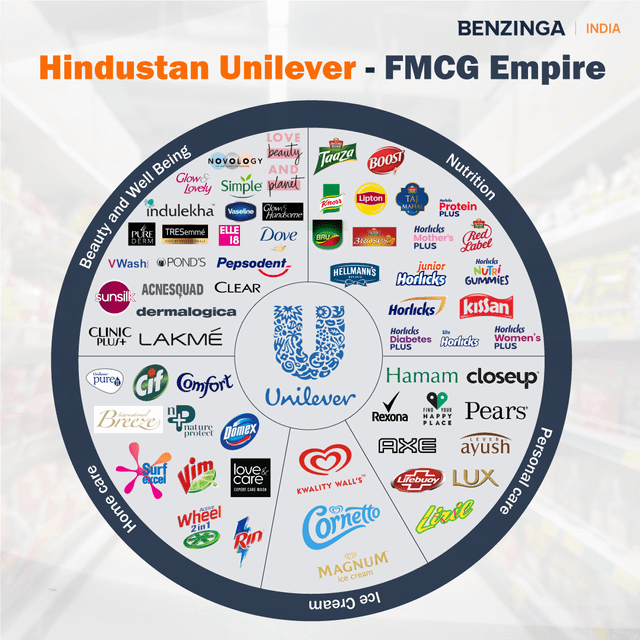
Sanskar
Keen Learner and Exp... • 1y
Agnikul Cosmos, is an Indian aerospace startup founded in 2017 and incubated at the Indian Institute of Technology Madras. This company is focused in the development of small-lift launch vehicles, focusing on the use of 3D printing technology for roc
See MoreAvishkar Vvignesh
Founder of G-Horizon... • 1y
Hello guys! An exciting update! No jokes! We have a plan to launch a small-scale rocket. This is because launching a small-scale rocket will help us gain exposure, and then we'll start to implement our plan progressively. We are going to design th
See MoreHappy Vardhan
Futuristic | Tech | ... • 10m
Yes, we do have food delivery, fantasy sports, influencers, and instant grocery apps. But is that all India is building? Definitely not. Where is the mention of Skyroot Aerospace —India’s private rocket launch startup that's breaking space barriers?
See More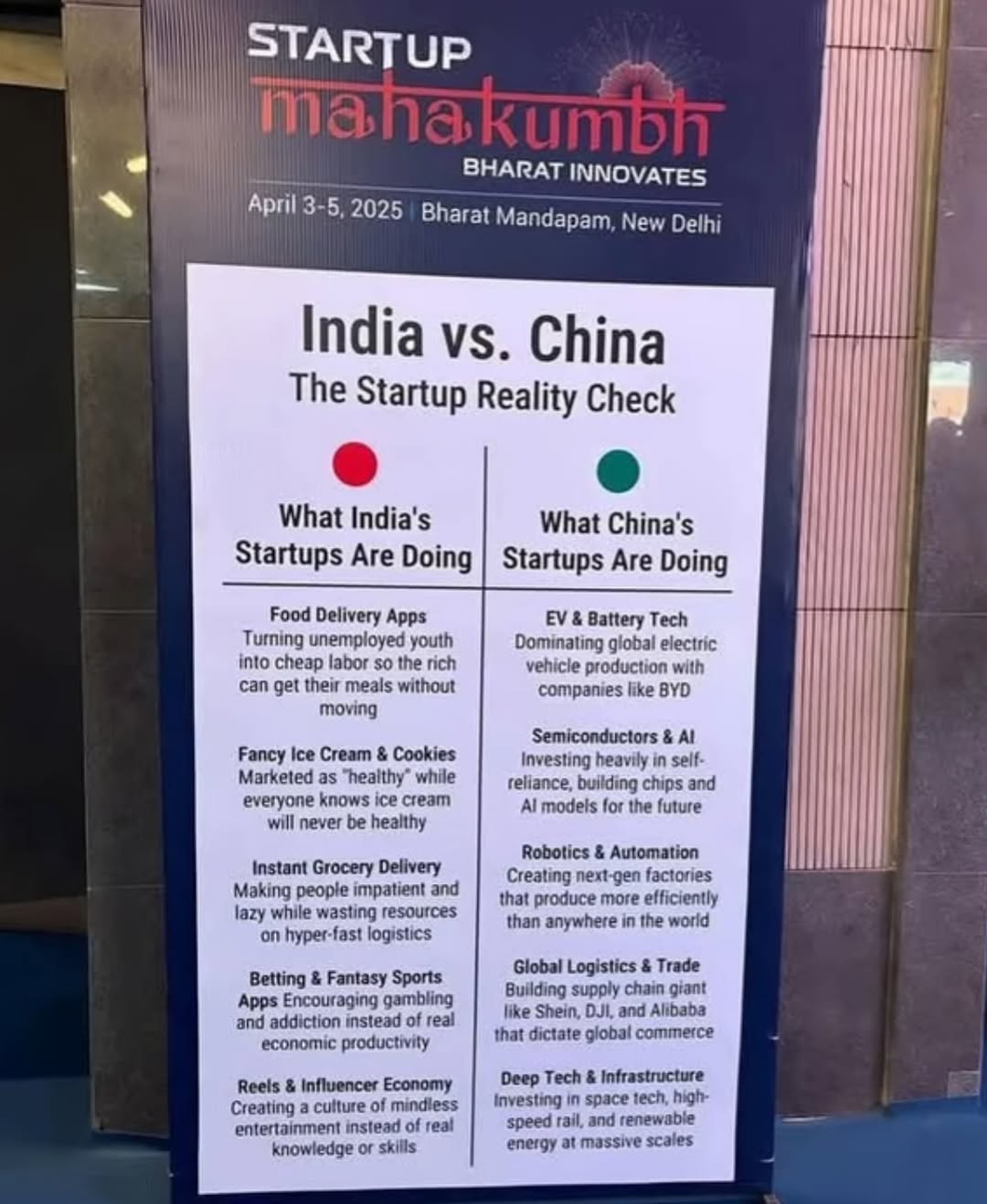
Download the medial app to read full posts, comements and news.






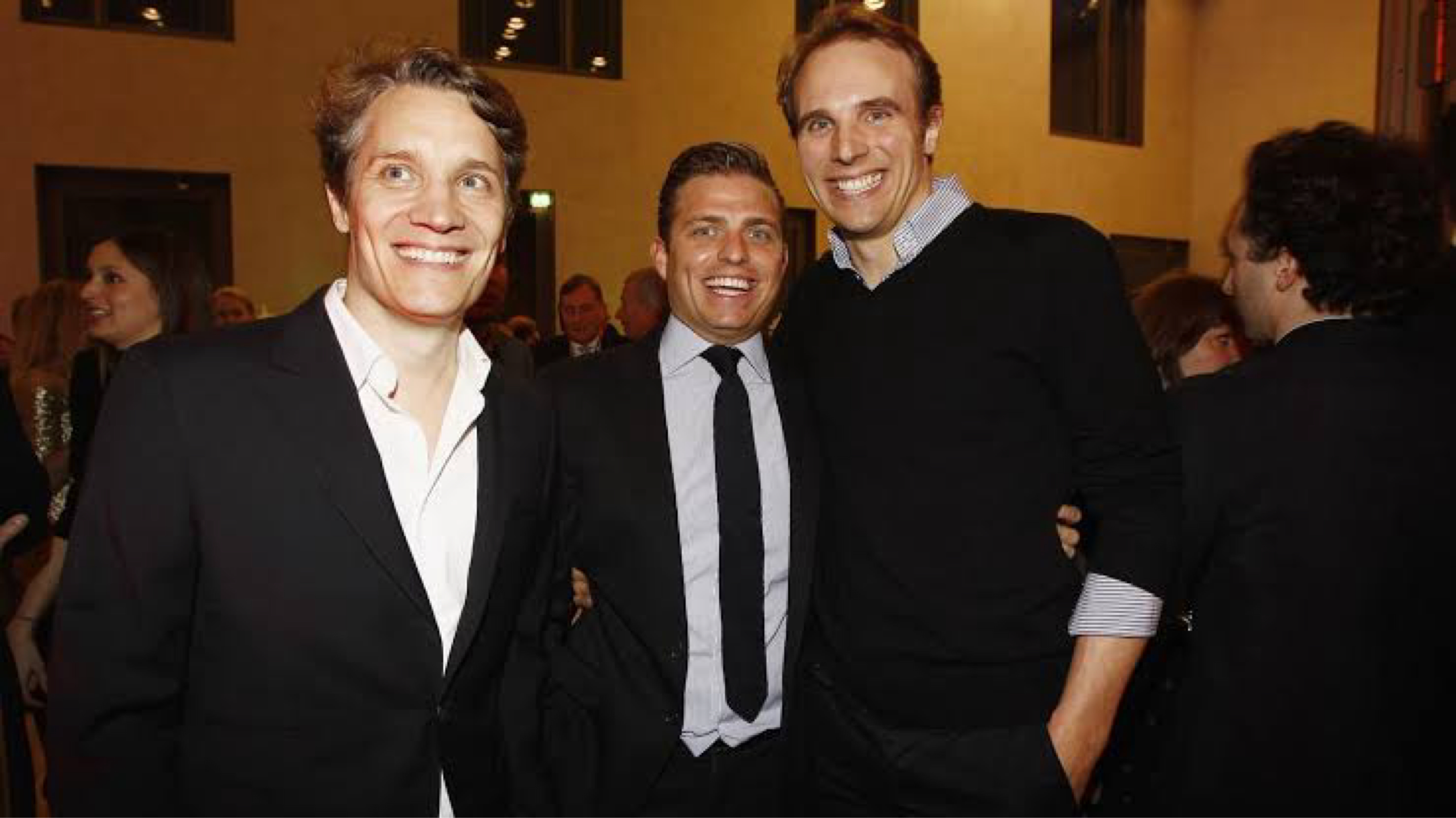





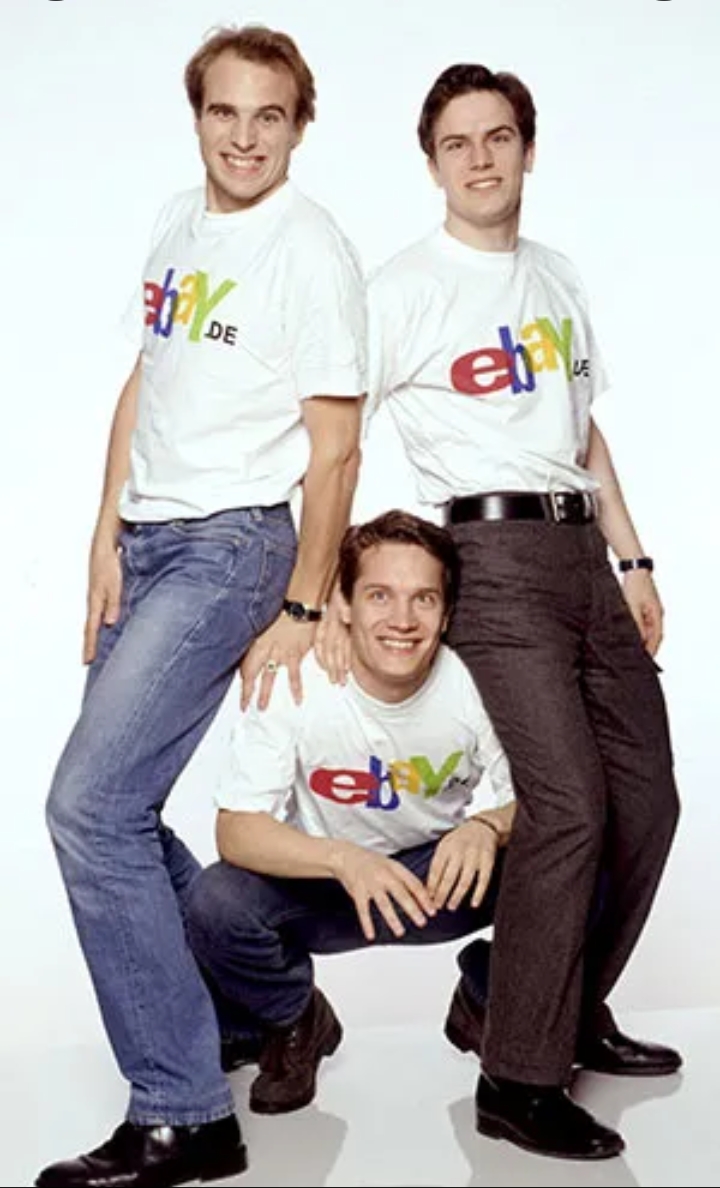











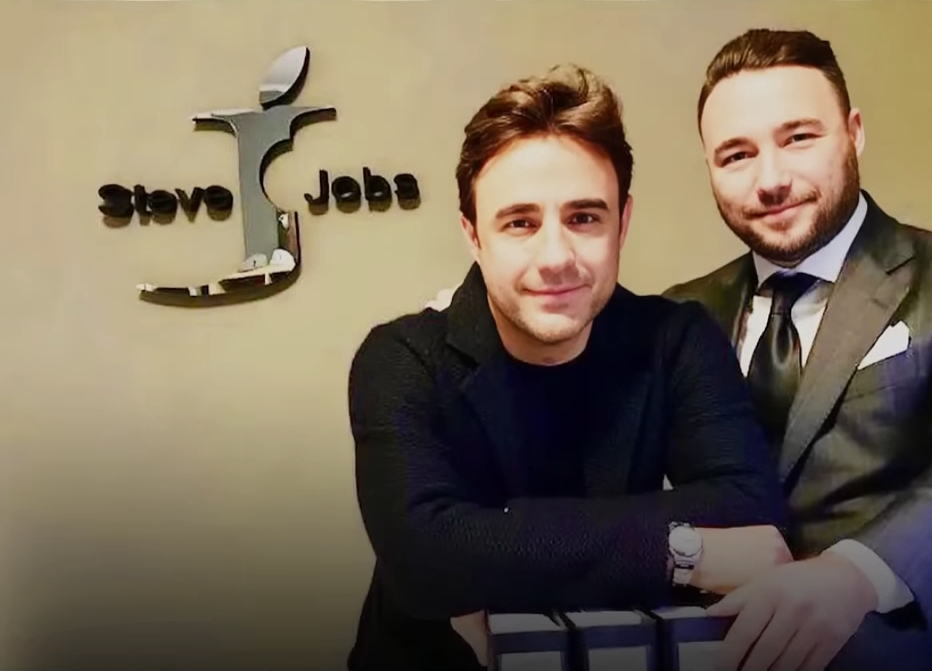


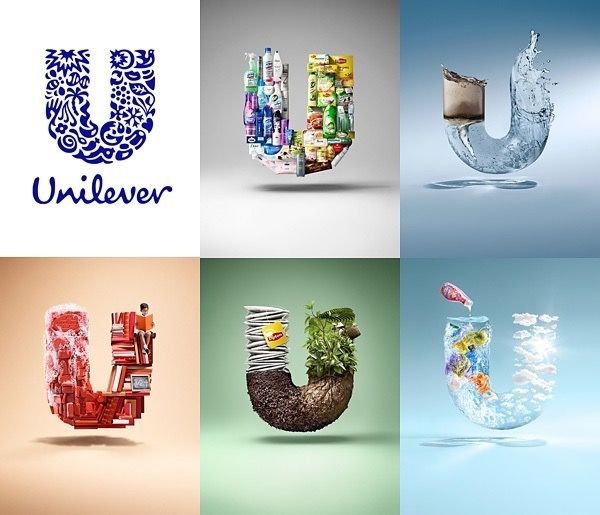

/entrackr/media/post_attachments/wp-content/uploads/2021/08/Accel-1.jpg)















